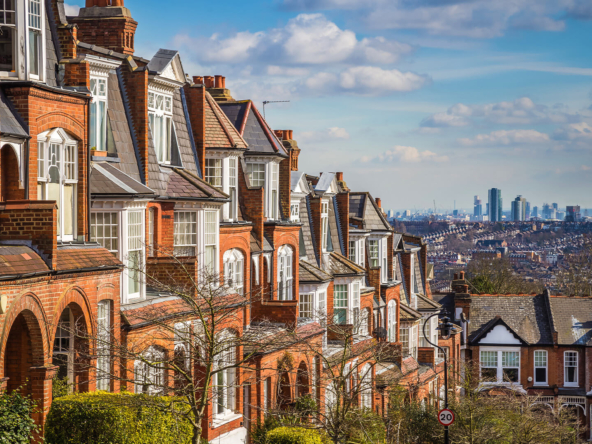While not a legal requirement, having insurance for your holiday home in the UK is highly recommended for peace of mind and financial protection. Here’s what you need to know about holiday home insurance and other related policies.
Holiday Home Insurance
Holiday home insurance, also known as holiday let insurance, covers your property and its contents against damages. Though not mandatory, it provides extra security and can help with unexpected costs. This type of insurance is particularly beneficial if you rent out your property to guests.
Types of Standard Home Insurance in the UK
- Buildings Insurance: Covers repairs to the structure of your home, including walls, foundations, and roofing, if damaged by events like subsidence, fire, flooding, or vandalism.
- Contents Insurance: Protects against loss or damage to items within your home that aren’t part of the structure, such as furniture, appliances, and personal valuables.
- Landlords Insurance: Similar to home insurance but tailored for rental properties. It covers buildings, contents, accidental damage, loss of rent, liability, and rent guarantees.
For mortgage purposes, lenders typically require buildings insurance to protect their investment.
Other Household Insurance Policies
- Rented Accommodation: Tenants are not required to have buildings insurance, but it’s recommended to have contents insurance to cover personal belongings.
- Non-Standard Homes: Homes with unique characteristics or in high-risk areas need special insurance policies due to their increased risk factors.
- Luxurious Properties: High-value homes require special insurance plans that cover properties with more than six bedrooms or valued over £1 million.
- Subsidence: Insurance for properties at risk of foundation collapse due to soil conditions, tree roots, or leaking drains.
- Holiday Let Insurance: Covers properties rented to paying guests, protecting against theft, flooding, storms, escape of water, subsidence, or fire. Policies may also cover non-paying guests or vacancies over 30 days.
Cost of Holiday Home Insurance
Insurance for holiday homes is typically more expensive than for main residences due to higher risks. Factors influencing the cost include the property’s material, age, size, additional buildings, rental terms, and the length of rental periods.
FAQs
Can I claim if a tenant damages a window? Yes, most policies cover damages to buildings and contents, including broken windows, doors, and malfunctioning alarm systems. Always check specific coverage details with your insurer.
Is emergency damage due to water, gas, or electricity covered? Usually, yes, but confirm this with your insurance provider.
How much does a typical holiday home insurance policy cost? Costs vary based on individual property features and rental terms. Insurers will provide a quote after assessing these factors.
Why is holiday home insurance more expensive? The increased risk associated with holiday homes, such as frequent guest turnover and potential periods of vacancy, drives up insurance costs.
Final Tips
- Research: Compare policies to ensure you get the best coverage for your needs.
- Detail: Provide accurate information to your insurer to avoid any coverage issues.
- Maintenance: Keep your property well-maintained to minimize risks and potential insurance claims.
Insurance is a crucial safety net for holiday home owners, protecting against financial loss and providing peace of mind. Make sure to choose a policy that covers all potential risks and scenarios.





